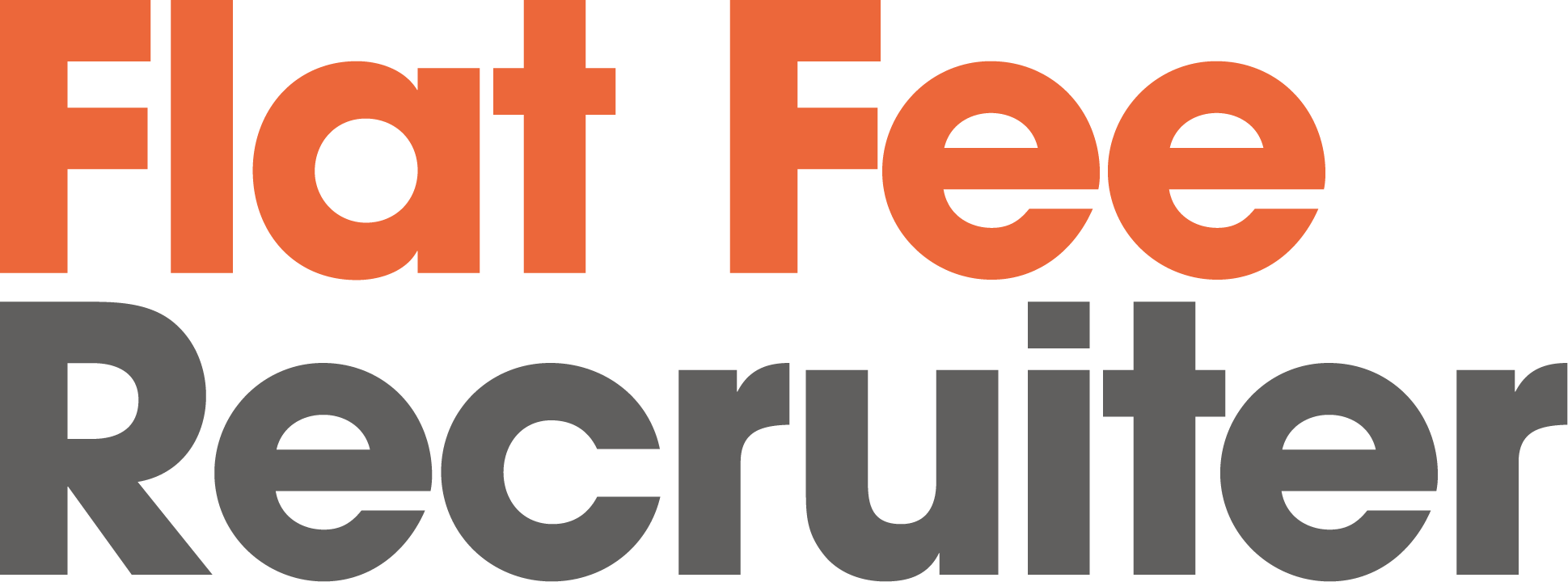Job Adverts vs. Job Descriptions
Recruitment Advertisement There are many factors to consider when attracting and recruiting the right candidate to your organisation and you may even find the whole concept of recruitment a bit of a headache. Suddenly, you need to become an expert at marketing job adverts and handing volumes of applications, not to mention increased skills in interviewing and employment law.
In this article we deal with the following questions with answers that explain:
There are many factors to consider when attracting and recruiting the right candidate to your organisation and you may even find the whole concept of recruitment a bit of a headache. Suddenly, you need to become an expert at marketing job adverts and handing volumes of applications, not to mention increased skills in interviewing and employment law.
In this article we deal with the following questions with answers that explain:
| What is the purpose of a job advert? | Job adverts are designed to attract candidates to the role |
| What is the purpose of a job description? | Job descriptions provide a detailed description of the daily duties |
| What is a good job advert? | 5 Main reasons why job descriptions do not make good job adverts |
1. Job descriptions are formal documents not reflective of the company voice or culture
Job descriptions tend to be written in a very formal tone, as it is a practical and informative document detailing a list of duties that an employee’s role comprises of. A job advertisement is a means to attract applicants, and whilst it does need to inform the job seeker of what their duties will be, it is a pitch to promote your company and role. A stifled, formal document won’t do this and it certainly will not reflect the tone and culture of your company – a huge selling point for applicants!2. Job descriptions are subject to change
If you base your job advert wholly on the job description you need to factor in the highly likely possibility that the duties listed in the job description are subject to change. In addition to not being reflective of the voice of the company, it may also not be reflective of the role over a longer period of time either.3. Job descriptions are not keyworded for searches
Job adverts are an essential tool to get your position in front of the right people. In the world of job board websites, they work by ranking job adverts (just like Google). The better the job advert is keyworded, the higher the chances are that the advert will come to the top of the list. Job descriptions aren’t optimised for the internet and search engines in mind and thus will not be ranked at the top of job boards.4. The actual job description may not best describe the person you are looking for
It is often the case, and we have many examples, that the job description does not actually best describe the person you are looking for. A job description might specify the need for X amount of experience and A, B, C qualifications when in reality the hiring manager is looking for Y experience and only A and B qualifications. Companies have a much better chance of attracting top talent for their vacancy if only the essential requirements are stated at the outset. Listing all the “nice to haves” may put many suitable candidates off.5. Job descriptions are lengthy and dull
As previously mentioned, job advertisements are designed to attract applicants but they must do so quickly. Job descriptions tend to be very lengthy and detailed making it difficult for applicants to isolate the relevant information and for you to capture their interest. Adverts should be short (about 500 words), consistent with your company brand and voice and able to grab attention quickly by clearly outlining the Job Title, Location and Salary followed by an overview of the Requirements and a brief description of the Role and Company. More detailed information can be given at a later date, such as during the interview process or upon request. If you do not differentiate between the job description and the job advert, you may find yourself posting a job description to the job boards which is dull, lengthy and unappealing to candidates and missing out on candidates finding your job and being compelled to apply. However, if you can draw out the essential criteria from the description and use this in your advert (whilst retaining a sense of your brand and relevant keywords) your advert will be engaging, interesting, and informative whilst performing well in searches. This means that you will have a much better success rate in attracting the best candidates to your company. Did you know Flat Fee Recruiter have a team of professional copywriters that draft your advert so it is engaging and appealing to job seekers whilst ensuring it is packed with keywords so it comes up high in applicant searches? For every job advertising campaign, we will research the best keywords and most relevant content. We will feed this back to you too, so you can choose how you want to display your recruitment advertisement. If you like this, you may like these articles about Recruitment Advertising:
More Articles ...
Simon on the Streets Case Study Video
Mental Health Awareness Week
Take our Job Seeker Survey
How to Attract Candidates as you Fight for Talent Against your Competitors
